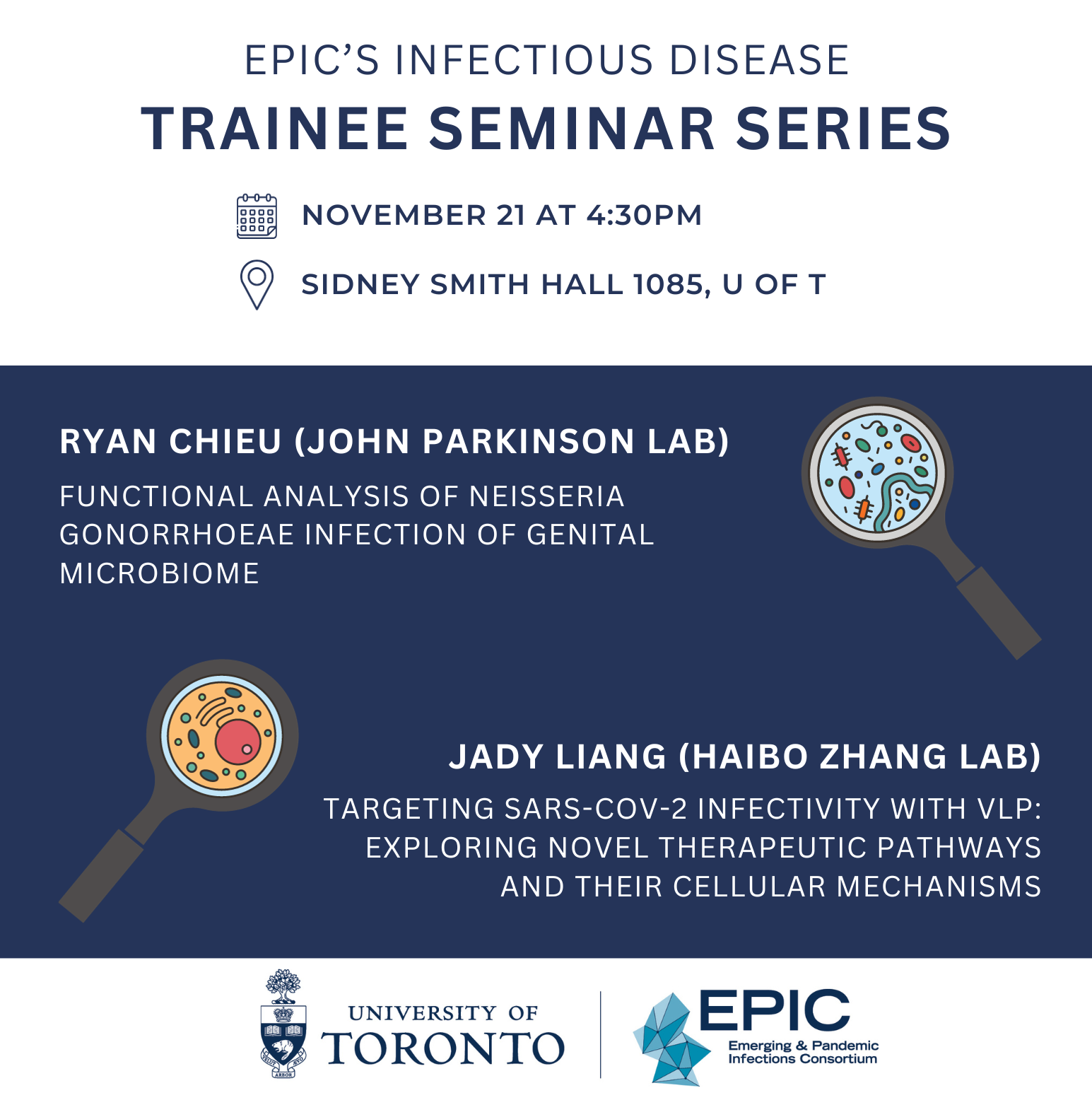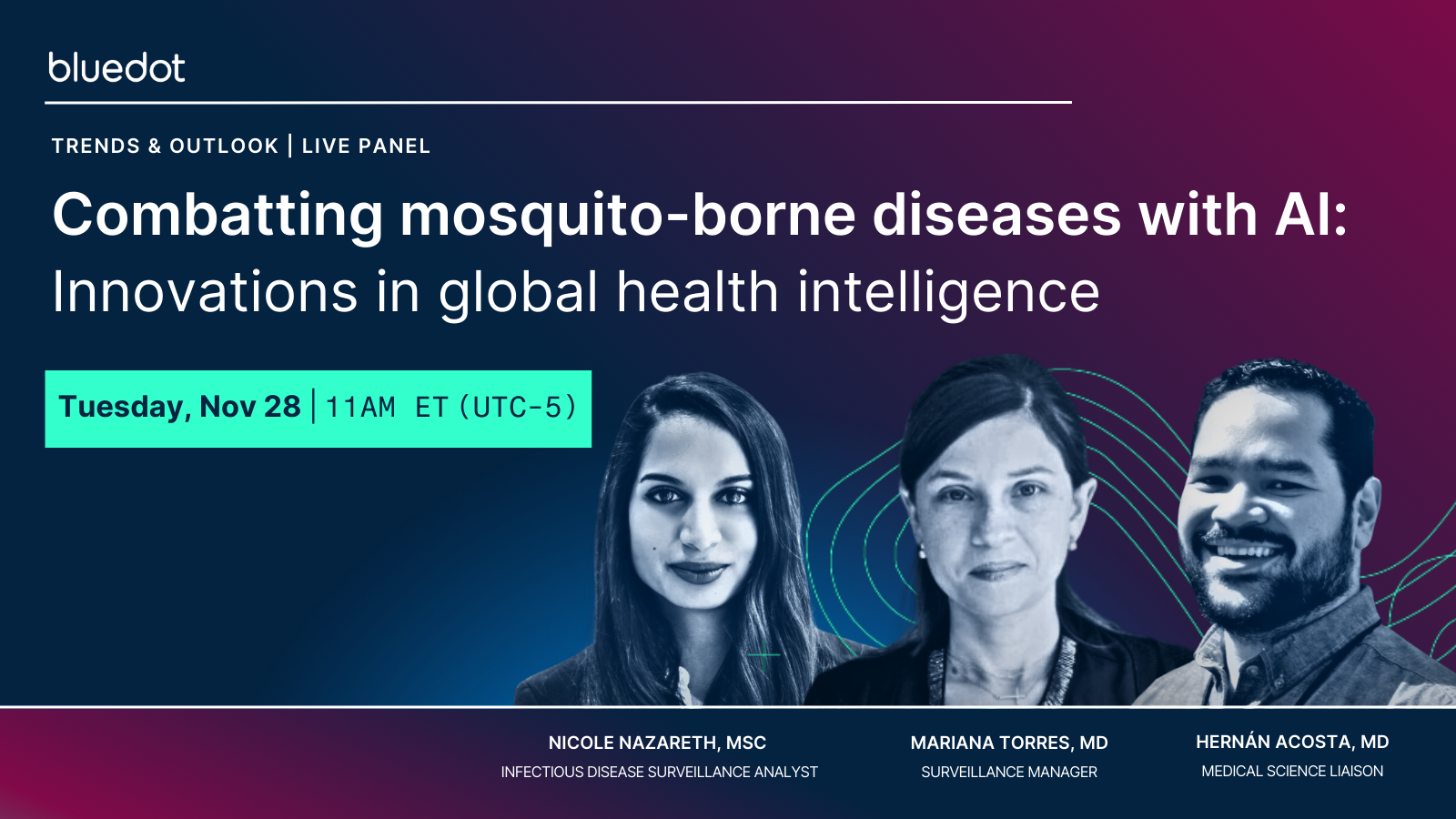Advancing engagement in antimicrobial stewardship through effective communication strategies
Julia Szymczak will be presenting as part of Public Health Ontario Rounds. As a key initiative to mitigate the public health threat of antimicrobial resistance (AMR), Public Health Ontario promotes the advancement of antimicrobial stewardship across all healthcare sectors. Antimicrobial overuse is a key driver of antimicrobial resistance, so initiatives to improve prescribing behaviour are instrumental […]





